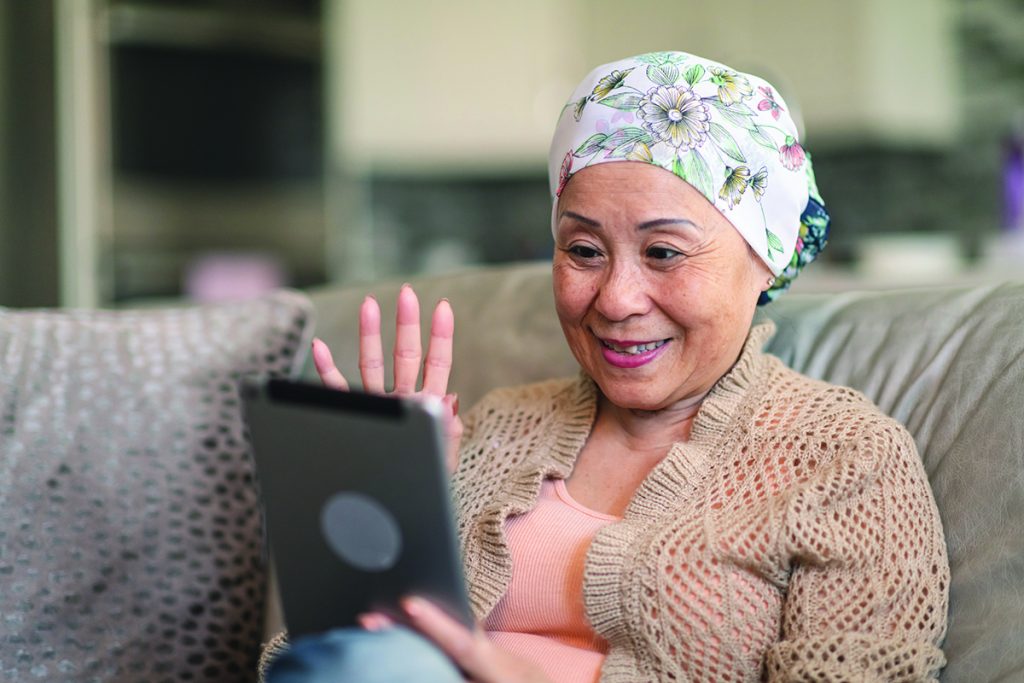If your loved one has tested positive for COVID-19 or has symptoms, caring for them can seem like a daunting task. Be sure to first contact your loved one’s doctor to help determine the best plan of care. If your loved one develops symptoms such as trouble breathing, new confusion or persistent pain or pressure in their chest, seek emergency care immediately.
Here are some other tips, from the Centers for Disease Control and Prevention and John Hopkins Medicine.
BE PREPARED
Set up a schedule to ensure your loved one has meals and any necessary medication on time. It’s a good idea to also have a list for both you and your loved one that includes phone numbers for their doctor, pharmacist and an emergency contact.
KEEP YOURSELF WELL
As a caregiver, it’s important to keep yourself healthy. Avoid crowds or gatherings and practice good hygiene habits. Be sure to wash your hands for at least 20 seconds before and after coming in contact with your loved one. Keep your hands away form your face, and make it a habit to frequently clean and disinfect common surfaces around the home.
LIMIT CONTACT
It can be heartbreaking to limit contact with your loved one—especially when they’re facing health struggles. In order to lower your risk of infecting others, try as much as possible to limit contact. Time you spend with them will depend on the level of care they require.
UTILIZE TECHNOLOGY
Just because you’re spending less time with your loved one doesn’t mean you can’t connect with them in other ways. Teach your loved one how to use video chat, or spend time talking with them on the phone. You can also encourage other family members and friends to call or send frequent letters to stay connected.
STAY ENGAGED
It’s tough to be ill and isolated at the same time. Reassure your loved one that the situation is not permanent, and offer suggestions for how they can stay engaged throughout the day. Perhaps it’s time to pick up a new hobby or watch old family videos. Feelings of loneliness and isolation can have negative impacts on immunity or mental health, so it’s vital to keep your loved one occupied.


